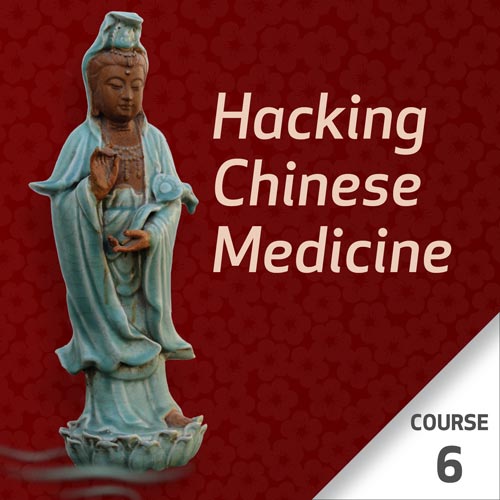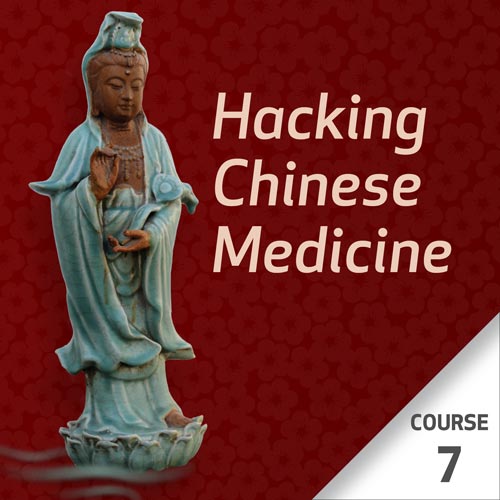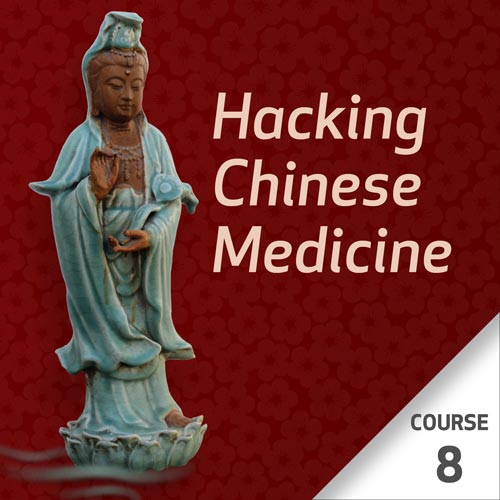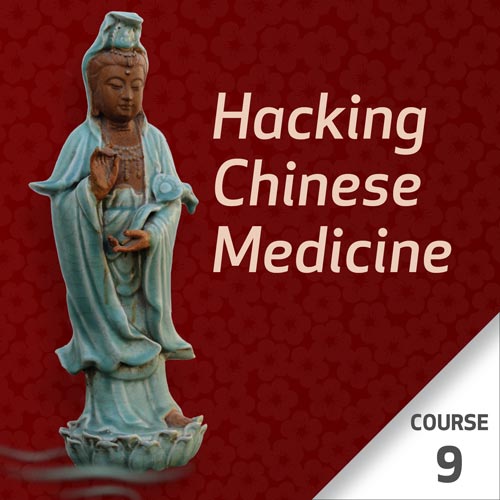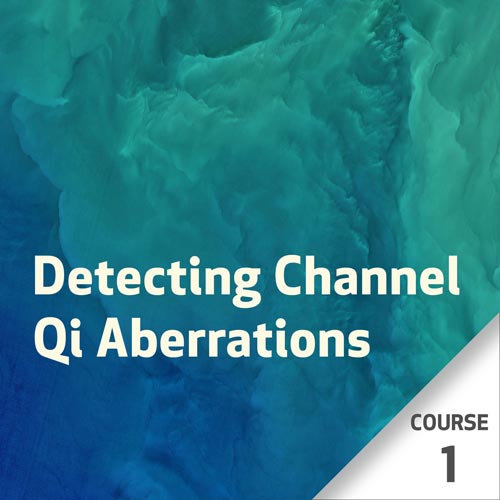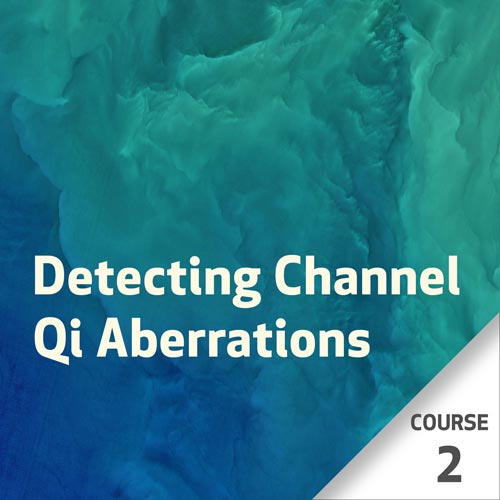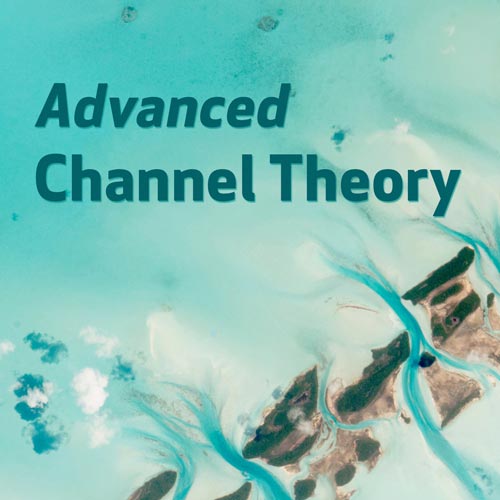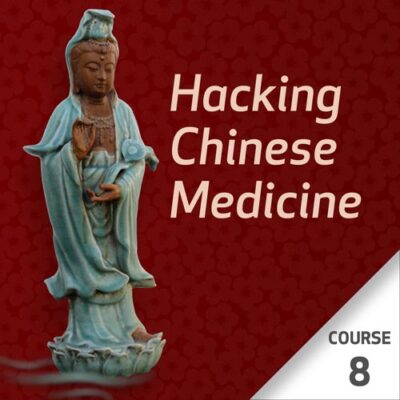Visão Geral Do Curso
In ancient times, Chinese medical terms were often words about the weather. They were used literally and metaphorically. Words like Damp, Wind, Heat, Cold, Sun, were often used to explain how someone’s illness came about through overexposure to some climatic situation. If a problem was not, in fact, due to the weather, the climate words were used anyway. In these cases, the words were metaphors and euphemisms. In these cases, they don’t actually help with our understanding of what’s going on. These words are great for putting together a pattern diagnosis and choosing a treatment out of the pattern-code box, but they often do not help us understand what’s really going wrong, they don’t help us know what’s happening with the channel Qi, and they very, very often do NOT lead us to effective treatment.
Today, very few of our patients are suffering from health problems associated with climatic excess. However, we still use the same old weather based words to codify the treatment patterns.
Very often, this makes our diagnoses and treatment names misleading, not useful, or even stupid and ludicrous.
This talk will explain how to work around the limitations and misunderstandings that come about through using these old terms, and suggesting some better ways to communicate with patients about the underlying causes of their problems.
Objetivos
-
Depth will be added to an English-speaking practitioner's understanding of the vocabulary and phraseology of Chinese Medicine.
-
The student will learn about cryptic aphorisms, mistranslations, and various error accumulations that have spanned over centuries.
-
The student will have a better understanding of the implications of Channel Theory from an electromagnetic, 21st century perspective.
Descrição
0 hrs - 15 min
Commentary on mistranslations and a changing world.
15 min - 30 min
Discussion on the term damp and other examples of modern causes for old patterns.
30 min - 45 min
Lecture on Jing Xu diagnosis.
45 min - 1 hrs
Disussion on poly-cystic ovarium syndrome. Case examples.
Testemunhos
-
Janet S. (United States)
Eu gosto muito do método de ensino da Sra. Hadlock por meio de muitas histórias e exemplos. (Traduzido automaticamente da EN)
-
Christine O. (Canada)
Dr. Janice Walton-Hadlock é um professor apaixonado e um prazer para aprender. Seu ensino nos abre para outro nível de conhecimento na medicina oriental que traz um novo potencial para a prática. (Traduzido automaticamente da EN)
-
Andreas L. (Australia)
Janice é uma apresentadora incrivelmente envolvente e divertida. Ela torna mais fácil acompanhá-la e começar a pensar fora da caixa dos ensinamentos padrão da MTC. Estou ansioso para assistir a mais palestras nesta série e ler seus livros. (Traduzido automaticamente da EN)
Testemunhos
Eu gosto muito do método de ensino da Sra. Hadlock por meio de muitas histórias e exemplos. (Traduzido automaticamente da EN)
Janet S. (United States)
Dr. Janice Walton-Hadlock é um professor apaixonado e um prazer para aprender. Seu ensino nos abre para outro nível de conhecimento na medicina oriental que traz um novo potencial para a prática. (Traduzido automaticamente da EN)
Christine O. (Canada)
Janice é uma apresentadora incrivelmente envolvente e divertida. Ela torna mais fácil acompanhá-la e começar a pensar fora da caixa dos ensinamentos padrão da MTC. Estou ansioso para assistir a mais palestras nesta série e ler seus livros. (Traduzido automaticamente da EN)
Andreas L. (Australia)
Grande visão sobre a origem dos diagnósticos chineses e suas limitações na sociedade moderna. (Traduzido automaticamente da EN)
Kimberly K. (United States of America)
Professor
Janice Walton-Hadlock
Janice Walton-Hadlock, DAOM, L.Ac., is a professor at Five Branches University, and specializes in Channel Theory, Yin Tui Na, Psychology and Counseling; she is the founder of the Parkinson's Recovery Project, and is an author on topics relating to Channel Theory and Parkinson's.
Aviso Legal
Please read these important disclaimers before purchasing:
...










